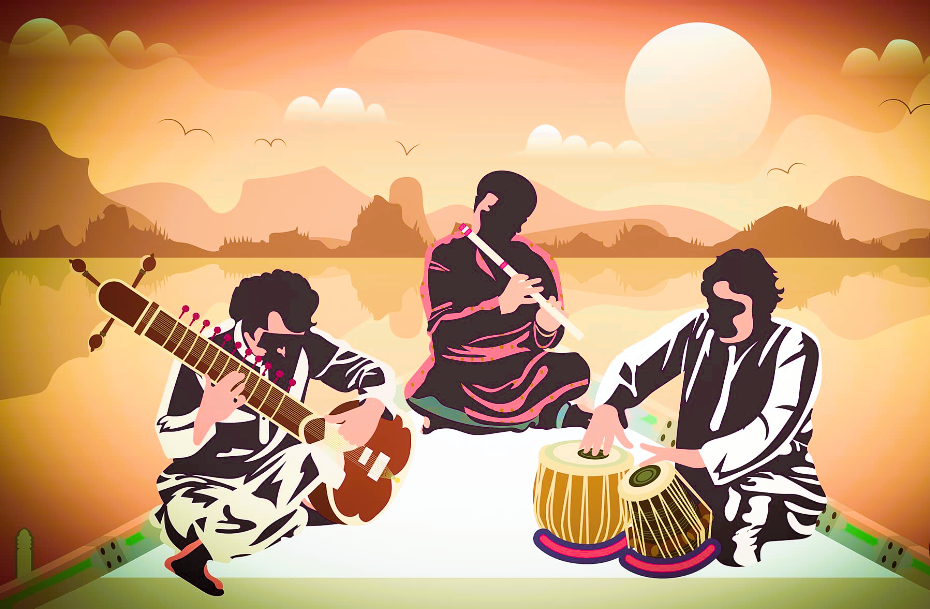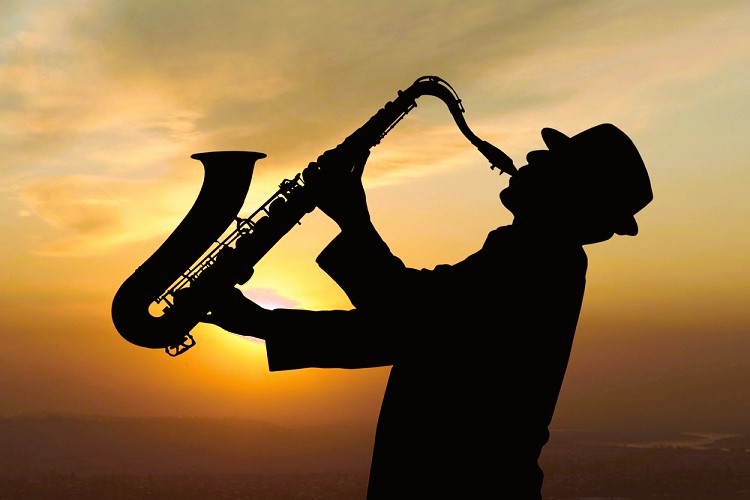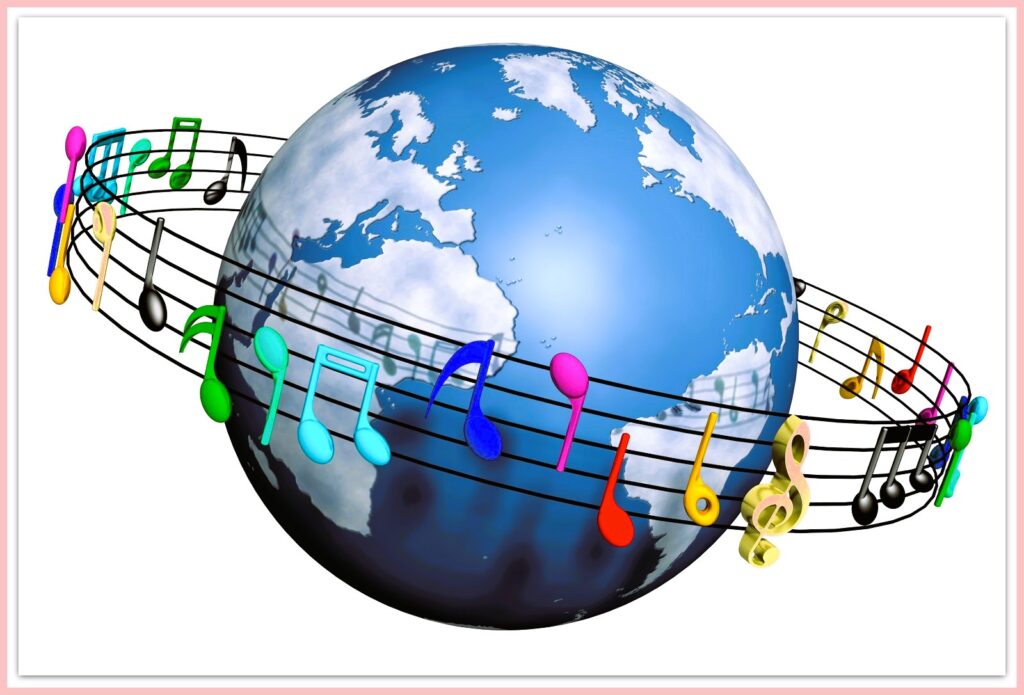
Music is a universal language that transcends cultural boundaries and connects people from all walks of life. From classical symphonies to modern pop hits, the world of music is as diverse as the people who create and enjoy it. In this article, we will embark on a journey through the rich tapestry of music genres, exploring the unique characteristics and cultural significance of each genre.
1. Classical Music:
Classical music is a genre that encompasses a wide range of styles and periods, from the Baroque era to the Romantic period and beyond. Characterized by its complexity, formal structure, and emphasis on orchestral instrumentation, classical music has stood the test of time and continues to captivate audiences around the world. Composers such as Mozart, Beethoven, and Bach have left an indelible mark on the genre, producing timeless masterpieces that resonate with listeners of all ages.
2. Jazz:

Jazz is a uniquely American art form that emerged in the early 20th century, blending elements of African American folk music, blues, and ragtime. Known for its improvisational nature and syncopated rhythms, jazz has evolved into a diverse genre with subgenres such as bebop, swing, and fusion. Jazz legends like Louis Armstrong, Duke Ellington, and Miles Davis have helped shape the genre and inspire generations of musicians to push the boundaries of creativity.
3. Rock and Roll:
Rock and roll is a genre that emerged in the 1950s, combining elements of rhythm and blues, country, and gospel music. Characterized by its driving rhythms, electric guitars, and rebellious spirit, rock and roll has become one of the most influential genres in modern music. From Elvis Presley to The Beatles to Nirvana, rock icons have left an indelible mark on popular culture and continue to inspire musicians across the globe. In our article, we looked at the effect of music on productivity, the answer is here.
4. Hip-Hop:
Hip-hop is a genre that originated in the Bronx, New York City, during the 1970s, as a form of expression for African American and Latino youth. Characterized by its rhythmic beats, spoken word lyrics, and sampling techniques, hip-hop has become a global phenomenon, influencing everything from fashion to language to politics. Artists like Tupac Shakur, Jay-Z, and Kendrick Lamar have used hip-hop as a platform to address social issues and empower marginalized communities.
5. Electronic Dance Music (EDM):
EDM is a genre of electronic music that emerged in the 1980s, characterized by its use of synthesizers, drum machines, and computer-generated sounds. Known for its high-energy beats and infectious melodies, EDM has become a staple of clubs, festivals, and radio airwaves around the world. DJs and producers like Calvin Harris, David Guetta, and Skrillex have propelled EDM into the mainstream, blurring the lines between music and technology.
6. Country:
Country music is a genre that originated in the Southern United States, drawing influences from folk, blues, and gospel music. Characterized by its storytelling lyrics, twangy guitars, and heartfelt melodies, country music celebrates themes of love, loss, and the American experience. Artists like Johnny Cash, Dolly Parton, and Garth Brooks have helped popularize country music and cement its place in the musical landscape.
7. World Music:

World music is a genre that encompasses a diverse range of musical traditions from around the globe, including traditional folk music, indigenous chants, and contemporary fusion styles. From the rhythms of Africa to the melodies of Asia to the harmonies of Latin America, world music celebrates the rich cultural heritage of humanity. Artists like Fela Kuti, Ravi Shankar, and Buena Vista Social Club have introduced audiences to new sounds and perspectives, expanding our musical horizons.
As we embark on this journey through the diverse world of music genres, let us celebrate the power of music to unite, inspire, and uplift us. Whether we’re listening to a classical symphony, grooving to a jazz improvisation, or dancing to an EDM beat, music has the ability to transcend language and connect us on a deeper level.
For further exploration of music genres and their cultural significance, please visit the following resources:
Let the journey continue as we immerse ourselves in the rich diversity of musical expression from around the world.



